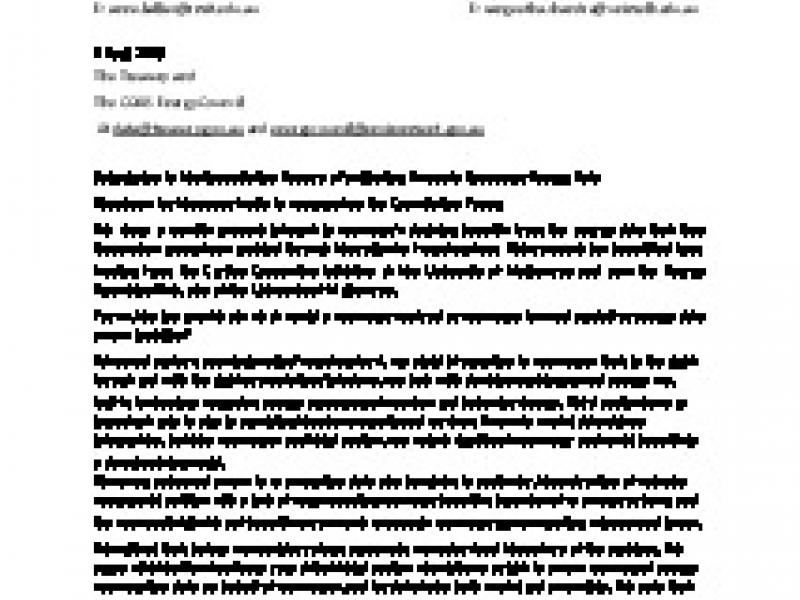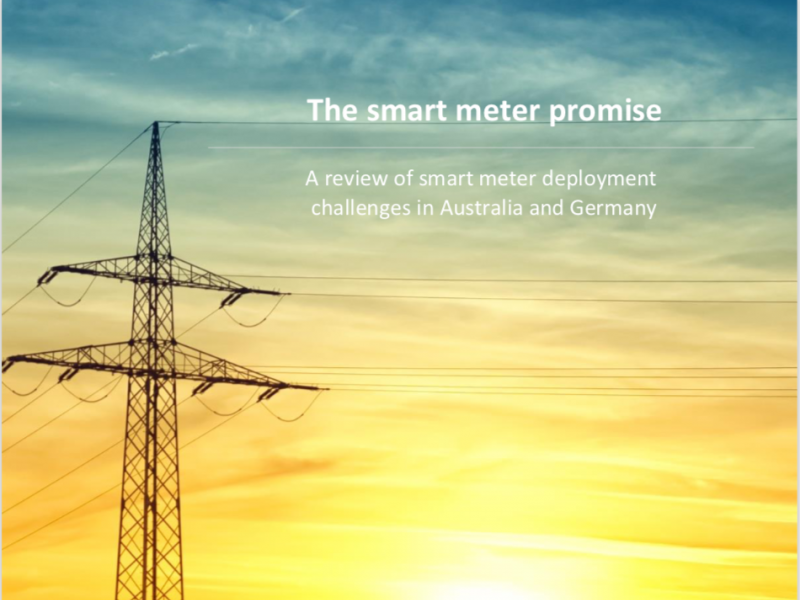Smart meter deployment in Australia and Germany — enabling innovation and consumer benefits
Developments in the energy market and new generation technologies promise the emergence of a decentralized consumer-oriented energy system radically different to the centralized supply system of the last century.
Consumers will have choices around generating, storing and trading their own electricity as well as energy management regimes, automation, monitoring and control of energy. The transition to this alternative decarbonised energy economy hinges on the collection and beneficial use of consumption data derived from advanced meters by both energy suppliers and consumers. Advanced meters, popularly called ‘smart meters’, can provide information to consumers that, in the right format, can help with decision-making around energy use, tariffs, technology upgrades, energy management services and behaviour change. Third-parties have an important role to play in providing the above-mentioned services. Access to useful data-driven information, both by consumers and third parties, can unlock significant consumer and social benefits in a decarbonising world. However, enhanced access to consumption data also has risks. In particular, the extraction of value by commercial entities with a lack of corresponding consumer benefits; breaches of consumer privacy; and the uneven distribution of benefits across socio-economic consumer groups creating winners and losers.
The key to ensuring consumer benefits lies with the market and regulatory frameworks for smart meter deployment and data access.
In this project we look at three market-regulatory models: the mandated smart meter rollout in the State of Victoria (completed in 2015); the soon commencing contestable market model for the Australia’s National Electricity Market; and the German commitment to the digitisation of the energy transition, which sees Germany at the cusp of a nationwide smart meter rollout.
The project will provide an overview of the models for the smart meter deployment and data management. It will provide a tool for comparing these models which will be of benefit to policymakers in Australia, Germany and around the world. There is no perfect model and the success will depend on a range of social, political, geographical factors. As such, the comparison tool will enable the audience to interpret the best approach for their specific context.










